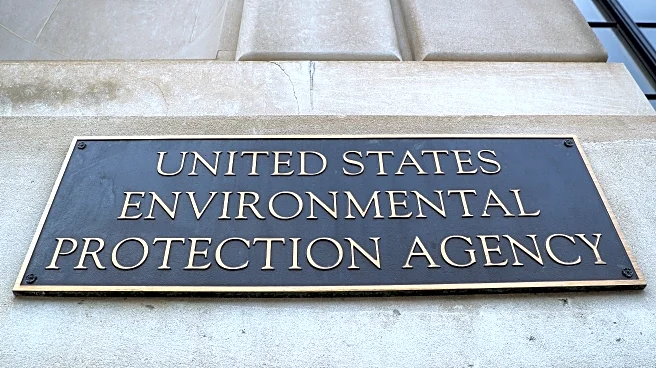Rapid Read • 7 min read
Glencore, a major mining company valued at £35 billion, has decided to remain listed on the London Stock Exchange (LSE) after previously considering a move to the New York Stock Exchange. The decision was announced by CEO Gary Nagle, who cited the lack of a value-accretive proposition in moving exchanges despite the allure of the U.S. capital markets. Concerns over potential exclusion from the S&P 500 and significant costs associated with the move contributed to the decision. This development is seen as a positive for the LSE, which has faced challenges with companies leaving for better valuations elsewhere.
AD
Glencore's decision to stay on the LSE is significant for the UK financial market, which has been experiencing a trend of companies relocating to the U.S. for perceived better valuations. This move may bolster confidence in the LSE and counter the narrative that the U.S. market is inherently more beneficial for large corporations. The decision also highlights the complexities and costs involved in changing primary listings, which can deter companies from making such moves. Stakeholders in the UK market, including investors and financial institutions, may view this as a stabilizing factor.
Glencore plans to implement a $1 billion cost-cutting drive, which will result in several hundred job losses across its global workforce. The company also reported net losses due to decreased commodity prices and lower production levels. These financial adjustments may impact Glencore's operations and market performance in the near term. The LSE may use this decision to attract and retain other major companies considering relocation, emphasizing the potential risks and costs of moving to the U.S. market.
AD
More Stories You Might Enjoy











